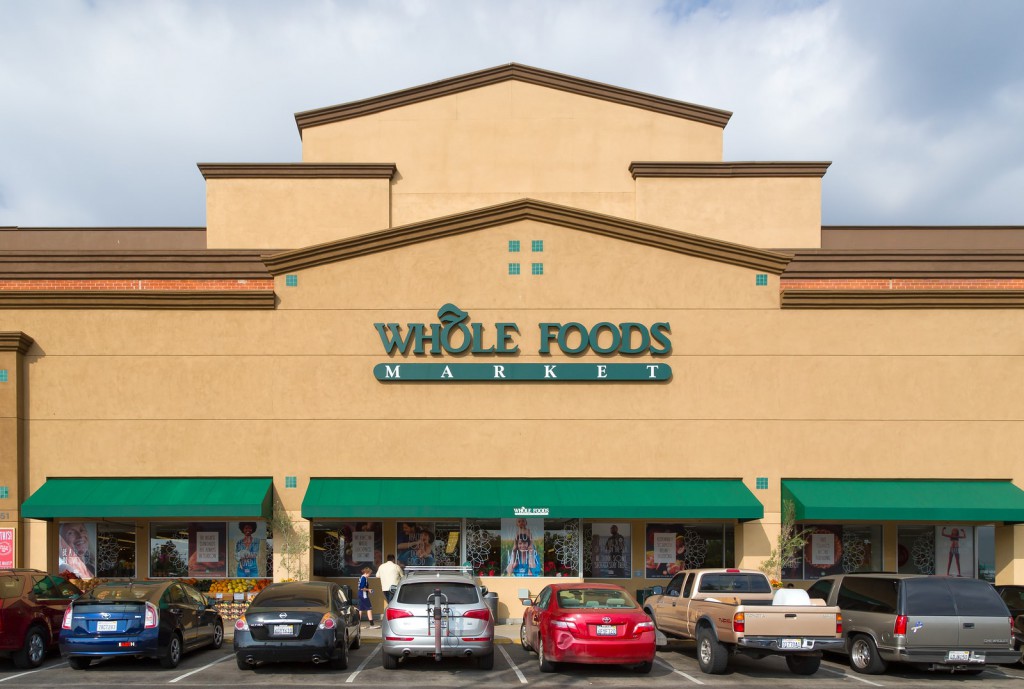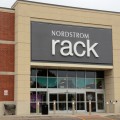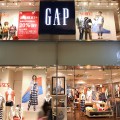
Whole Foods and the Department of Consumer Affairs have reached a deal, but points of contention remain.
The announcement of a $500,000 settlement agreement between Whole Foods and the New York City Department of Consumer Affairs (DCA) doesn’t necessarily mean an end to the overpricing scandal that rocked the grocery chain in 2015. While both parties publically agree on the dollar amount, other details reveal ongoing points of contention between them.
Whole Foods came under fire by New York’s DCA over the summer when accusations arose that its local stores were overcharging customers for some prepackaged fresh products and produce items. Those allegations kicked off an investigation that DCA said uncovered some 80 different products at New York stores that all had mislabeled weights.
While some variations in weight are allowed by the U.S. Department of Commerce, DCA claims that 89% of the products it tested were outside even those boundaries. That discovery led DCA to conclude the grocery chain’s New York City stores “routinely overstated the weights” of prepackaged products, leading to customer overcharges.
When the scandal broke, Whole Foods owned up to it and apologized to customers. Walter Robb, the company’s co-chief executive, issued an online video apology that also kicked off the introduction of a new price-auditing system at the chain.
You Might Also Enjoy: Uber’s Business Model an Inspiration for Other Fields
The introduction of the auditing system didn’t end Whole Foods’ troubles with DCA, however. The $500,000 settlement was announced in late December. The penalty payout is only part of the agreement, according to DCA. Whole Foods’ New York City stores must now also:
- Conduct in-store audits quarterly on at least 50 products from 10 different departments
- Respond to any future DCA inspections that find mislabeled products by removing said items within 15 days
- Introduce and enforce policies that eliminate estimation of package weight in favor of actual weighing
- Train all New York City employees who are responsible for weighing and labeling products
While DCA considered the agreement a win, Whole Foods claims it’s already exceeded the requirements. Its preexisting programs, including the auditing system announced when the overcharging apology was issued, “go above and beyond the DCA’s requirements,” the company said in a statement.
Overcharging aside, 2015 was not a good year for Whole Foods, industry analysts point out. The company weathered plummeting stock prices, criticism about its animal welfare rating system and outcries over $6 asparagus water, among other obstacles. The compounding bad news even has some wondering if Whole Foods might be a buyout candidate.
Paul R. La Monica of CNN Money pointed out the company might be better off if it didn’t have to deal with Wall Street or worry about “meeting quarterly earnings and sales targets.”
Whether a buyout will come remains uncertain. What is clear is that the chain will be under close watch —in New York City, at least— in the coming year.





